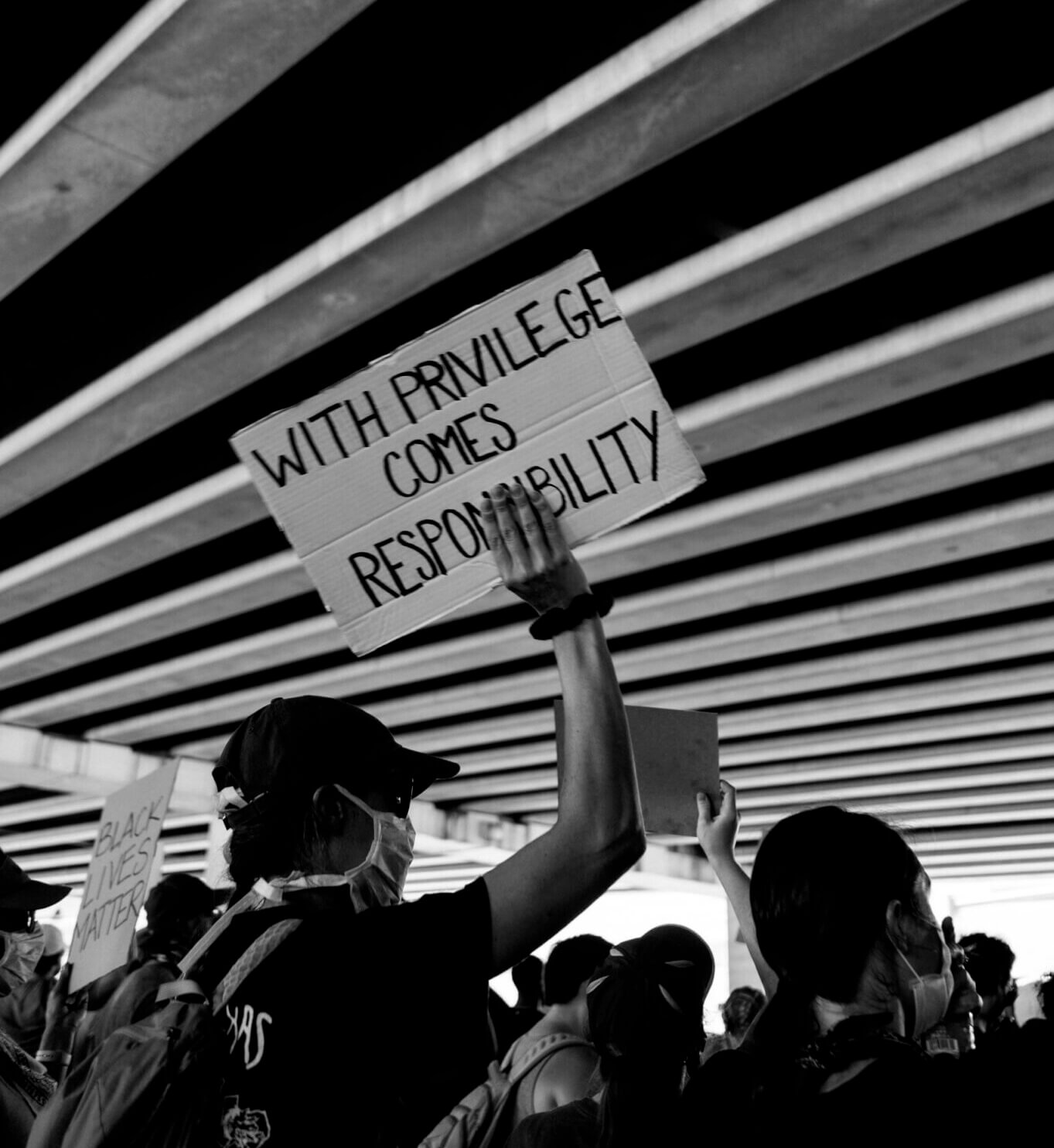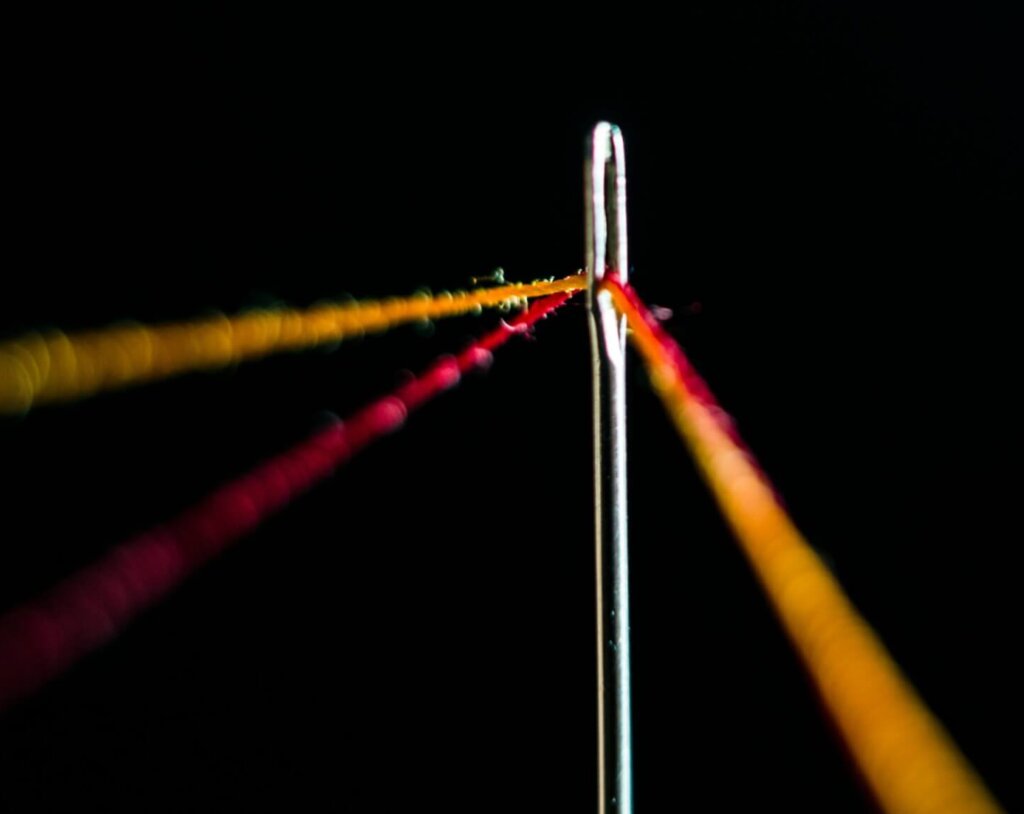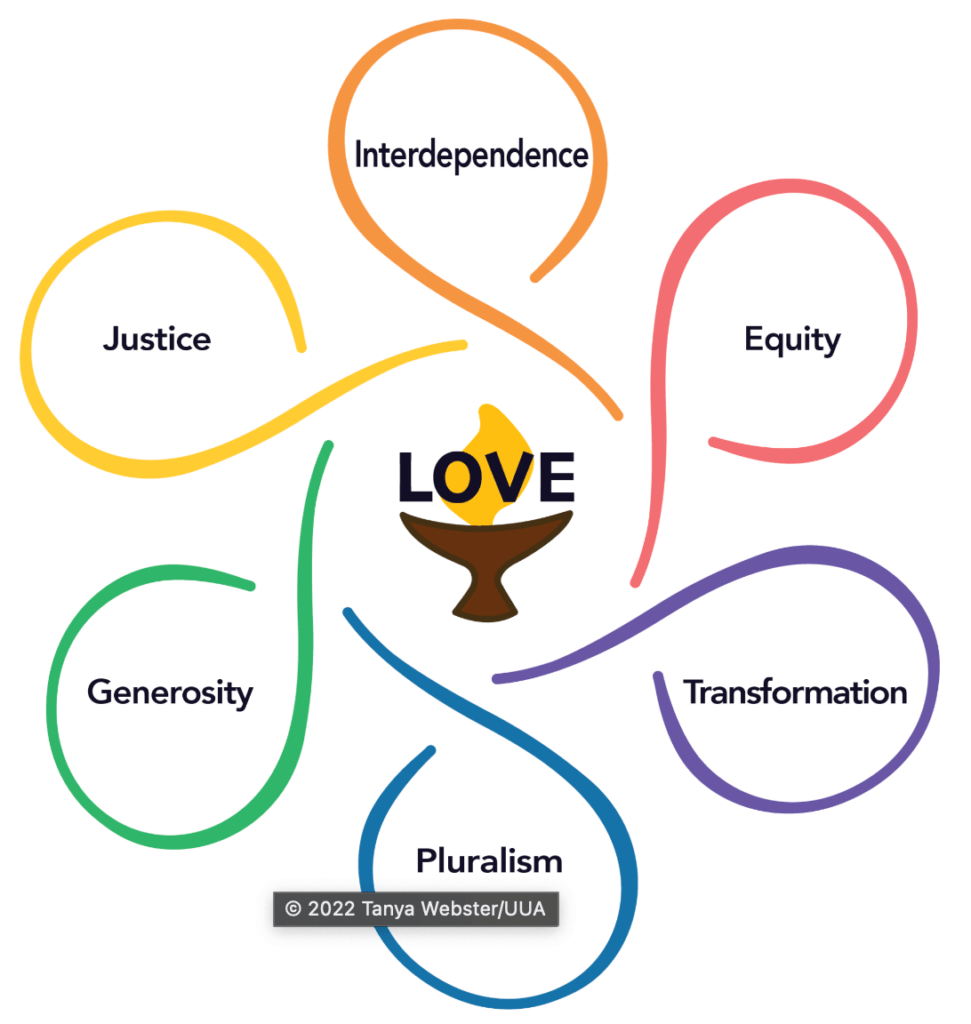Once poverty is gone, we’ll need to build museums to display its horrors to future generations. They’ll wonder why poverty continued so long in human society–how a few people could live in luxury while billions dwelt in misery, deprivation and despair.
– Muhammad Yunus
To claim one’s identity as a Unitarian Universalist is also to claim one’s solidarity with humanity and especially those who are relegated to the margins of society. “Equity” and “Justice” are included in our UU Principles and are among the core UU Values our larger movement is considering including in our covenant. Our UU Sources likewise challenge us to “confront powers and structures of evil with justice, compassion, and the transforming power of love.” Equity is different from equality in that it seeks to ensure that people are treated fairly and equality doesn’t always equate fairness. Equity asks us to take into account things like the long term impacts of historical disenfranchisement, discrimination, oppression, and privilege. Justice propels us to right wrongs, establish and defend truths, and create greater equity in our world.
In a scathing critique of our own government, the noted sociologist and author of “Poverty, by America,” Matthew Desmond, reflects, “This is who we are: the richest country on earth, with more poverty than any other advanced democracy… The American government gives the most help to those who need it least. This is the true nature of our welfare state, and it has far-reaching implications, not only for our bank accounts and poverty levels, but also for our psychology and civic spirit.”
Our own collective privileges as Unitarian Universalists can sometimes isolate us from the array of realities people near to us face on a daily basis. We have to be willing to get uncomfortable to live into real solidarity with communities who are oppressed by dominant groups. Bryan Stevenson, the attorney and founder of the Equal Justice Initiative–an organization with which we will be sharing our generous congregations collection plate this month–argues that to transcend our isolation we will have to be willing to “get proximate to people who are suffering,” to truly be in solidarity, in real relationship, and to realize the breadth and depth of our transformative potential.
Soul Matters has generated the following questions to deepen our theme-based spiritual reflection on the compelling topic of “The Gifts of Equity and Justice” this month:
- What was your first moment of fighting injustice?
- What was your family of origin’s relationship to “justice work”? How does that shape you today?
- Were you a child that wanted everything to be fair? Either way, how has that childhood relationship to fairness played out in your adult life?
- How do you differentiate between justice and equity? And why does that distinction matter?
- How have you changed your mind about what it takes to achieve justice? What tactics seemed central earlier in your life, but no longer appear so now?
- What personal or societal injustice has most shaped your life?
- What have you learned about the relationship between anger and justice work?
- Looking back, have you been as much of a “radical” as your younger self thought you would be?
- Has art ever led to or supported your justice & equity work?
- Has meditation ever led to or supported your justice & equity work?
- What has most helped you heal from an injustice?
- When the enormity of injustice looms, what enables you to hold onto hope?
- What have you learned about balancing the competing desires to save and savor the world?
- Where do you feel injustice in your body? How did that become the location where you carry it?
- How are injustice and grief related for you?
- How has your church changed the way you think about injustice and inequity?
Our Pastoral Care Team is available to provide short-term spiritual support to any of our members who may be in need of a listening ear and loving a heart. Confidential support can be requested by emailing pastoralcare@uusm.org or by calling the church office.
If you have a joy, sorrow, or milestone to share with the congregation in our weekly announcements and in a Sunday morning service, please email joysandsorrows@uusm.org.
Happy Black History Month!
Yours in love and ministry,
Jeremiah
Rev. Jeremiah Lal Shahbaz Kalendae
Developmental Minister





